In June we held the latest iteration of Ignyte event series, by Despark, to explore where health and technology meets, and how healthcare can look at other sectors to create new opportunities for personalised care.
The event saw 40 healthtech leaders and entrepreneurs sipping coffee on the sunny roof terrace. We heard inspiring presentations from speakers including Stoyan Ilchev - CSO of Despark, Alison Baum OBE- CEO of Best Beginnings and Lawrence Petalidis — Head of Innovation and Impact at CW+. This was followed by an interactive panel session with Joop Tanis — Director of SBRI Healthcare and Nina Blackett who recently had a two year stint as Head of Digital Development at Macmillan Cancer Trust.
Within this event recap article you will learn how co-creation is critical for success, who you should hire to unleash innovation and why the public is too polite to the NHS and its lack of leadership. Interesting debate then!
The presentations…
Think small, embrace boring and make a difference
Stoyan Ilchev gave the audience a refreshing perspective on revolutionising healthcare by focusing on the small things that you can do right now with minimal budget to make an impact on people’s lives.
Stoyan spoke about how product designers should stop thinking about just the future long-term revolutionary products. This was an interesting topic that came up again later in the panel discussion too. “We often ignore the current reality as something better is around the corner.” He shared a common example of this thinking — ‘Why make it faster for doctors to capture and analyse patients data when doctors will soon be replaced by computers that can do that much faster?’.
“Doctors and software should work together” stated Ilchev and suggested that “Technology should do the monotonous boring stuff and humans should manage the human aspects of the relationship. One does not replace the other.” Read more about Stoyan Ilchev’s perspective here.
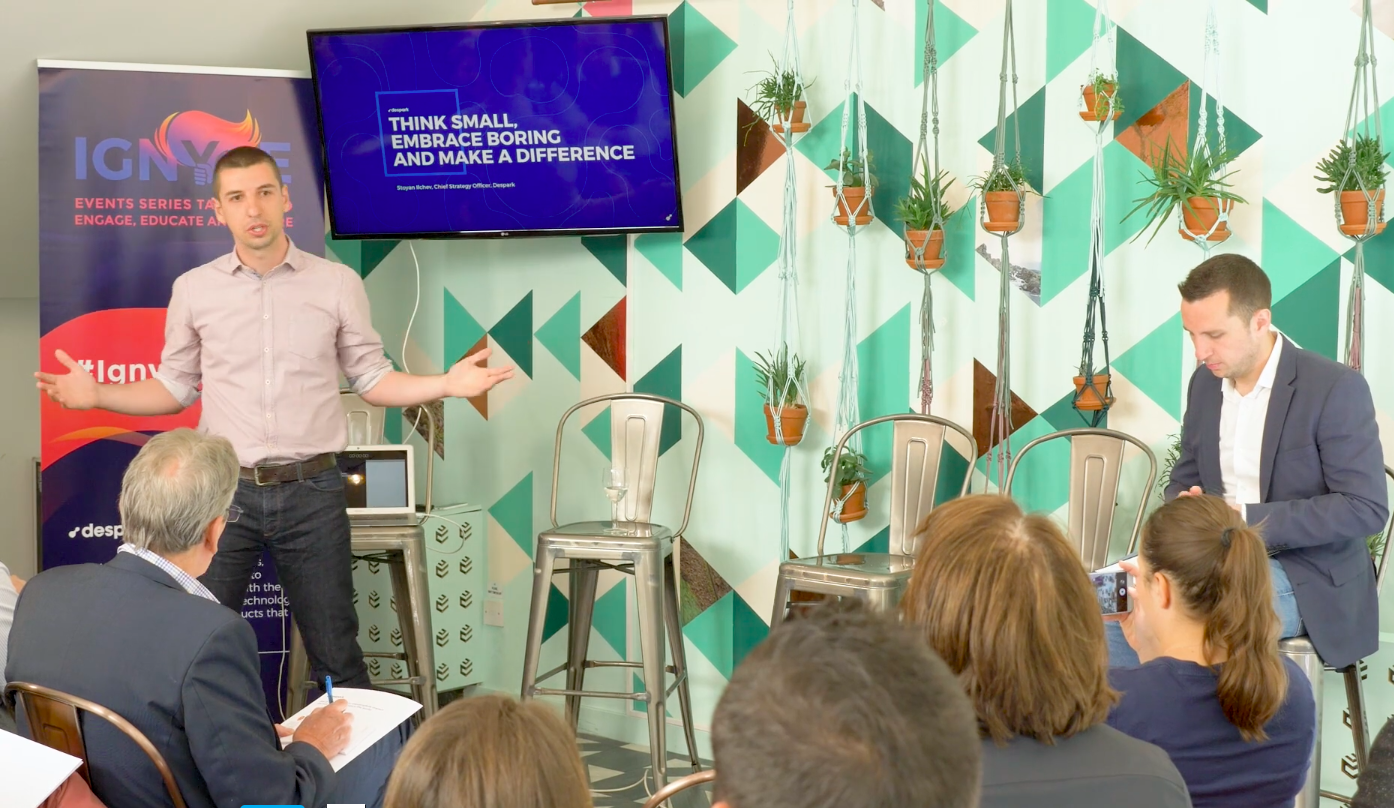
Using the power of co-creation to make an impact
Alison Baum OBE, Founder and CEO of child health charity Best Beginnings, was next to take the stage and talked about Baby Buddy app as proof of concept in the power of technology to augment and enhance what is delivered by the health system.
Passionate about collaboration, and the use of technology through co-creation, Alison informed the audience why Baby Buddy is such a success. “It works because of how we collaborate with both parents and healthcare professionals. If everyone is involved in the development, they will be more invested in the end result.”
The key message we took away from Alison’s inspiring presentation was that “Co-creation is crucial.” If you take that at the heart of everything you do, then you can create digital solutions that will have impact.
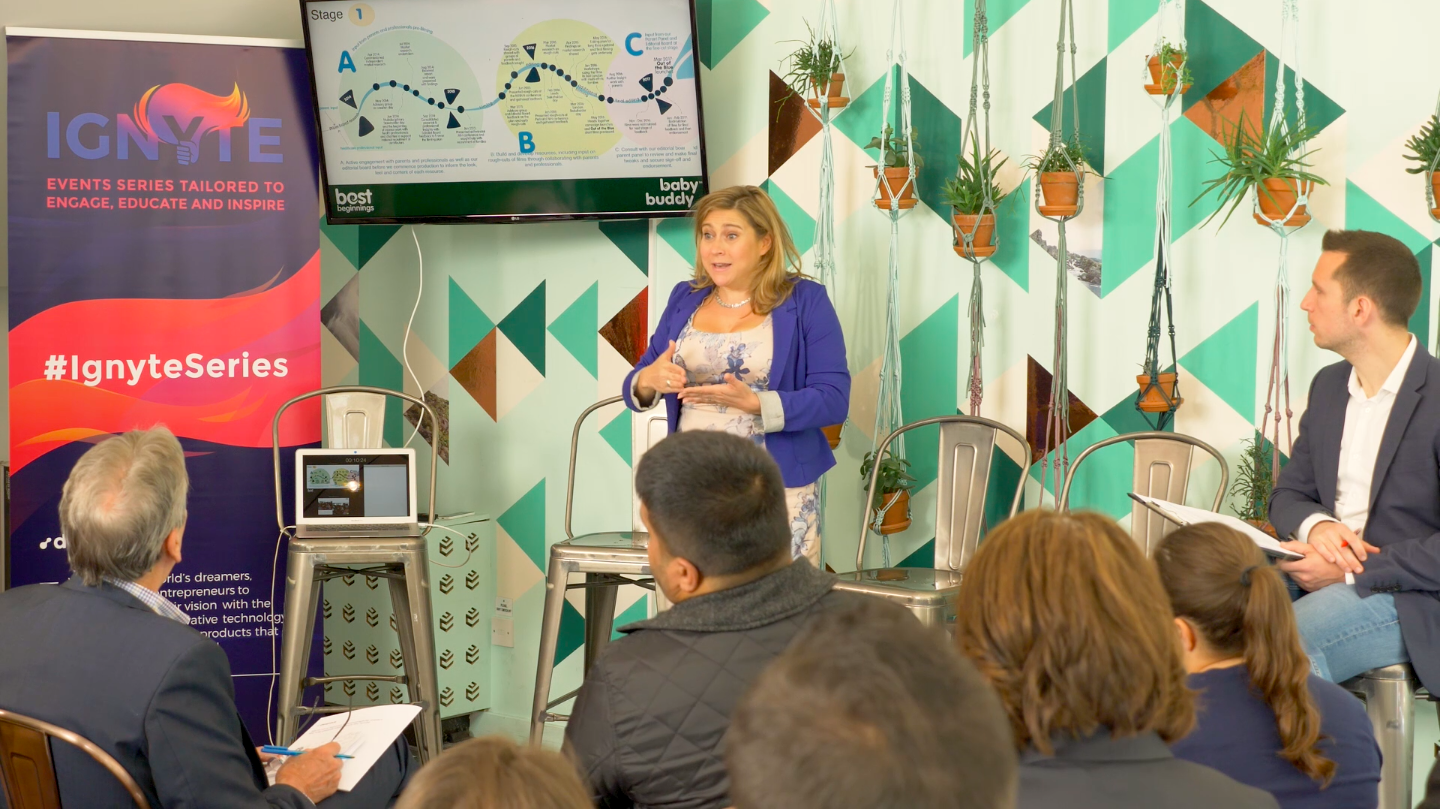
Steps to more personalised care
Lawrence Petalidis manages a Grants programme that supports digital health innovation, quality improvement and service transformation ideas at Chelsea and Westminster NHS. Lawrence took us through recent projects secured in collaboration with the Digital Health.London Accelerator, including a heart failure remote patient monitoring pilot and also wearable pilots in acute settings.
Within Lawrence’s engaging presentation, he shared his experiences on successful digital health innovation in the NHS — “It’s not just about money. It’s about the ‘make it happen’ connective tissue” but also advised that in order to get there “You need a well designed pilot to get you to the impact case you need”.
Lawrence likened the adoption of digital health innovation in busy healthcare settings to an opera singer singing next to a loud machine. “Sometimes the song is excellent but it can’t be heard.” He continues to make things more difficult “there can often be a real communication gap between businesses and clinical vocabularies”
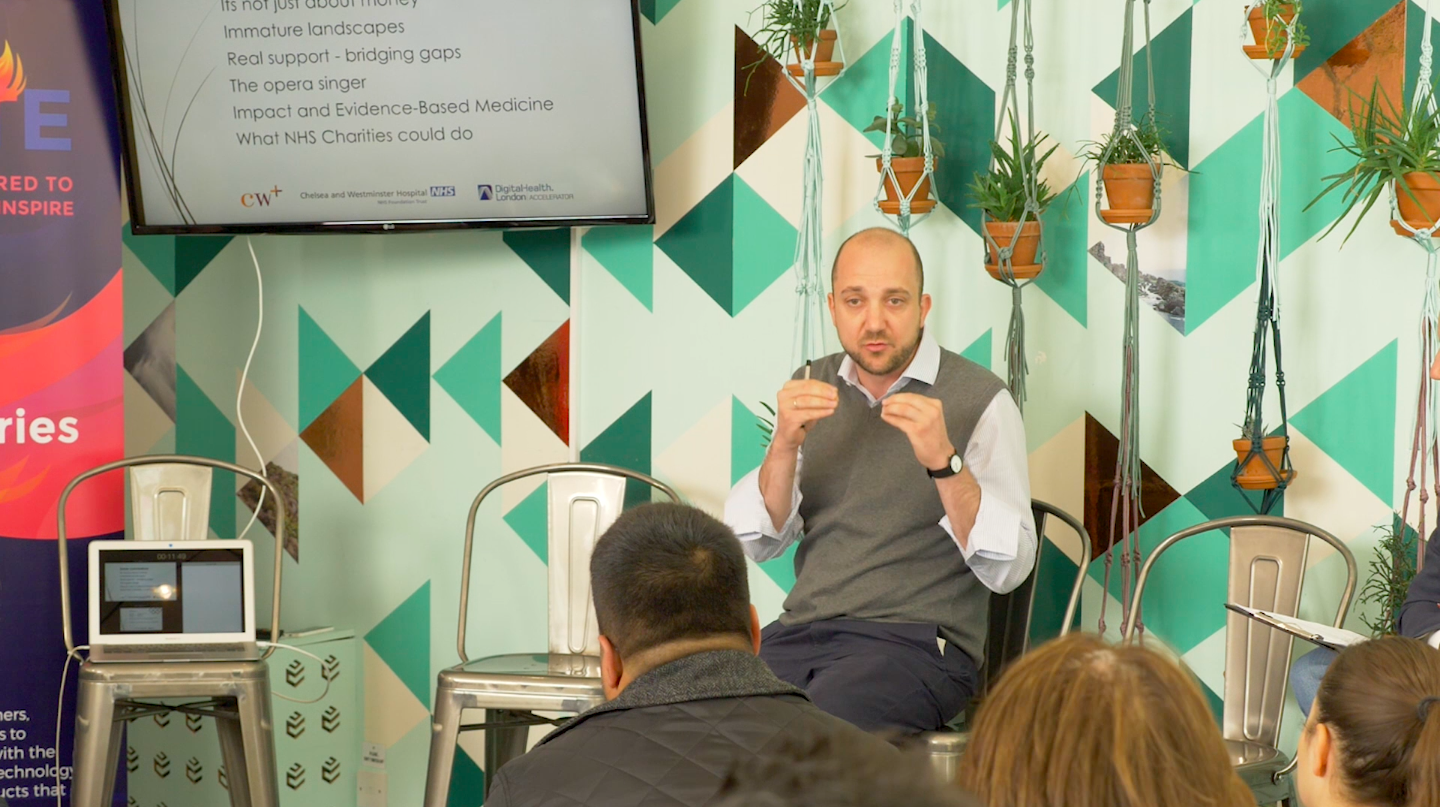
The panel session…
After an insightful ten minutes with Lawrence, he joined the others for the interactive panel session.
Led by Despark’s CEO, Hristo Boyadzhiev, the debate shared pearls of wisdom on everything from digital diagnostics to wearables, AI and integrated data. Here’s how the session went down…
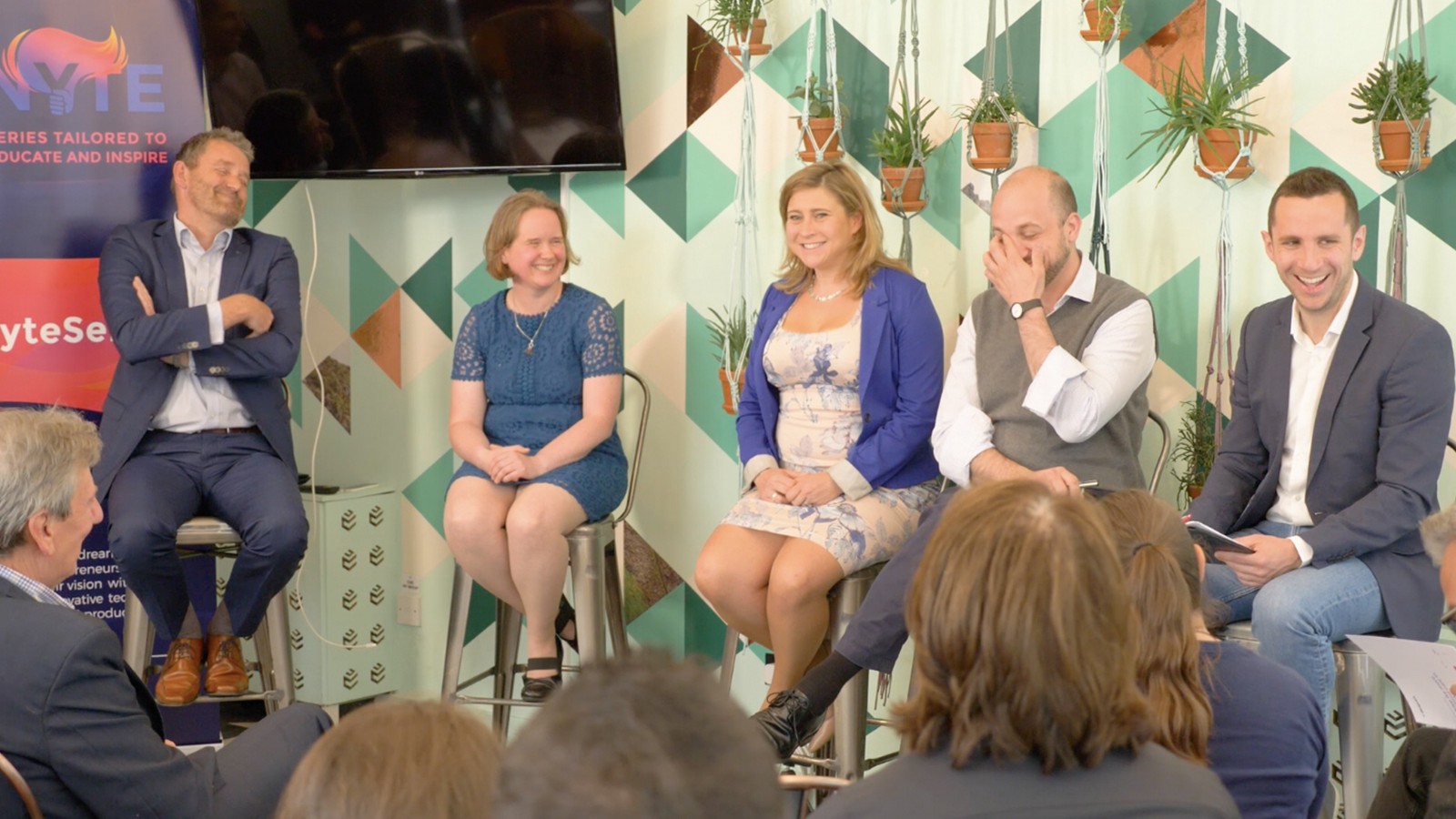
Is healthcare behind other sectors when it comes to adapting and embracing new technologies?
Joop shared his thoughts on why healthcare is lagging behind — “The system is not easily changeable. If you look at how the patient engaged with the clinician 50 years ago — today it is not dissimilar.” He continued to share his thoughts on people’s mind-set. “Healthcare is not something we generally enforce on ourselves” — Joop questioned why it is that people [including himself] don’t treat their health in the same way that they do when getting their cars checked out. Joop went on to talk about how technology has significantly changed people’s lives over time in other areas — from the way we manage our finances to booking holidays online.
Alison provided thoughts on “people driven change”. “Power and relationships in healthcare are shifting. Long are the days that ‘The doctor knows best’ and then the patient will just listen and be told.” Baum steered the issues towards data privacy and interoperability “Data privacy is a big issue. The NHS has hundreds of data systems that don’t connect with each other and the whole interoperability challenge is more challenging than it should be. A shift in mindset is needed.”
Lawrence voiced his opinion, which was more focused on the NHS — “Sometimes segmentation and siloed decision making can make the dissemination of good practice and innovation difficult”
Nina had a different perspective on innovation within healthcare — “I find clinicians in particular are very hungry for innovation. Co-creation is key and you have to step away from professional hierarchy. With healthcare there’s a great appetite that we need to harness”
What can the health industry learn from other sectors?
“Trust” expressed Nina, who went on to explain how healthcare can learn a lot from Fintech — “online banking is terrifying, but we take that risk because the industry has built a sense of trust”.
Nina remembered when a major healthcare charity she was working with experimented with the recruitment of commercial product managers from entirely different sectors including online gambling, online dating and retail. — “They brought a fresh hungry perspective and made a real difference because they truly understood the customer journey.”
Nina admitted — “There was tension at first as they didn’t understand the culture or context, but they focused on results and the willingness to iterate and try to improve the product. From there everyone can work together on one thing. Co-creation dissolved all the tensions, hierarchies and barriers.” Nina followed up with some inspiring advice for anyone thinking of moving industries or those employing within “These people may not stay forever, but they will certainly make a difference whilst they are there.”
Many healthcare institutions miss out on opportunities to innovate because of the red-tape in the procurement process. What can be done here?
Alison advised that there needs to be an over-arching strategy for each cause and shared the known issues with procurement policies in large institutions. “Procurement is an issue. At the NHS you need to own it to promote it, so you find many Trusts investing into the same solution for a cause.”
Joop suggested “We need transparency across the NHS to understand where the opportunities are and where you can save money? Share this with SMEs and you might get some solutions!”
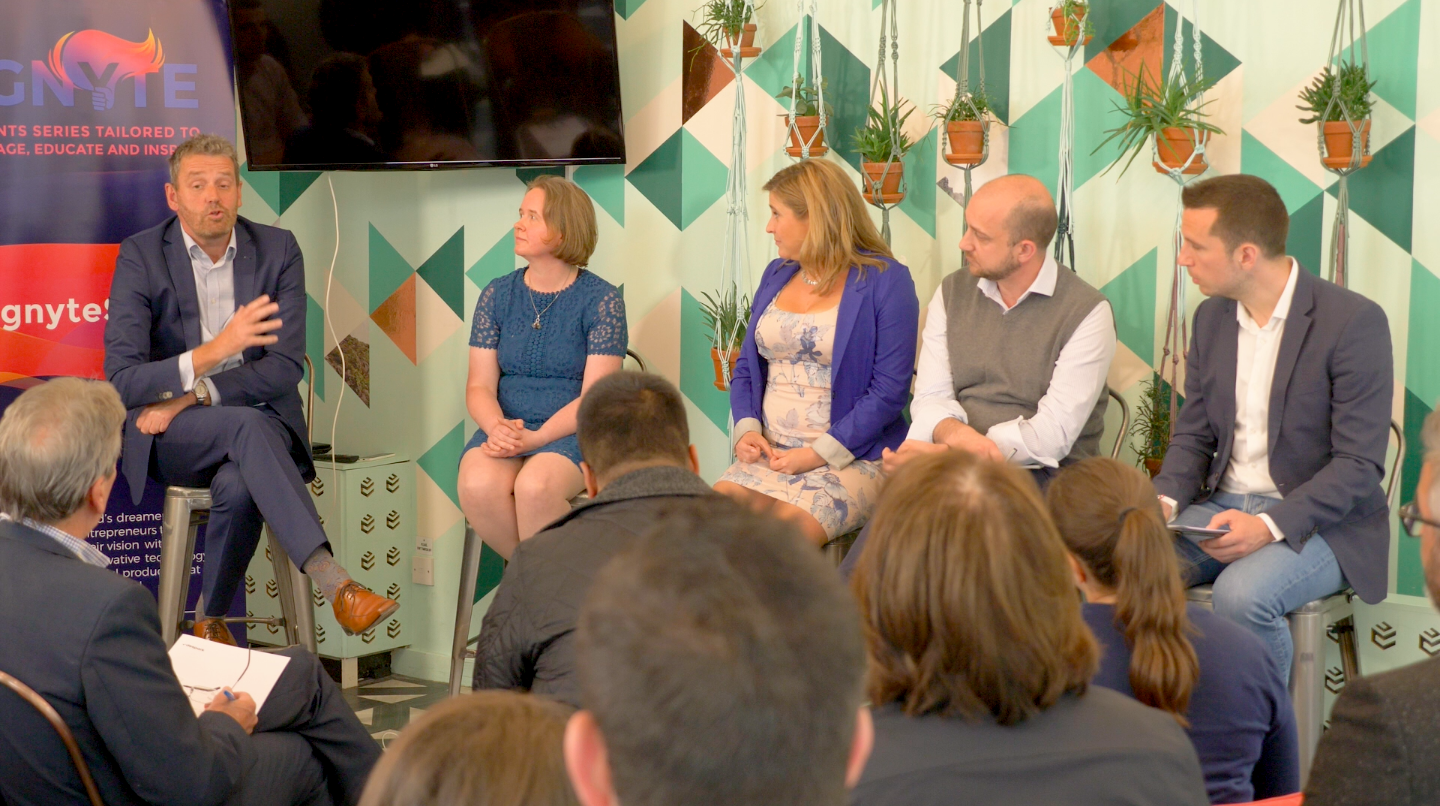
The debate got lively when Joop said “there is a lack of leadership in NHS which is either top down or bottom up.” In response, an audience member from StepJockey [an SBRI funded product] shared his thoughts about the funding process for innovation being very good, but the distribution of the product within the NHS appalling. Paul Nuki continued… “There are fantastic products that can impact lives, but they aren’t moving up and out of the NHS as they should be. It’s not only wasting money but it’s damaging people’s life chances in some cases.”
Boyadzhiev quizzed Nuki on the solution for this, who suggested “People need to be more direct and less polite.”
In response to a question raised by Simply Health — Joop advised the integration between the national and private sector isn’t sufficient. “There is a tension between mission and commercial focus. Politics gets in the way more than it should do. Procurement should be able to look at a level playing field.”
What are your practical tips to designing with the consumers needs at heart?
Alison “make sure you don’t listen to just the often heard voices. Engage with communities, listen to a diverse audience to get insights. We have a society with huge inequalities so we need to make sure our demographic society has a voice.”
Lawrence — “Clinical entrepreneurship and enthusiasm needs to be nurtured, assessed and supported.”
Joop “Start really small with a prototype and test it. If it doesn’t work — throw it away!”. “Don’t be too inclusive at an initial stage — get the key people in a room to help you create products. Its incubation. Its fragile.”
What problems do you see with data sharing?
Hugh Stafford-Smith from Patient Record Company answered from the audience “People shouldn’t give away their data. They should own their data. The NHS should not be keeping data and owning it at a practical level, they should be sharing it with health professionals.”
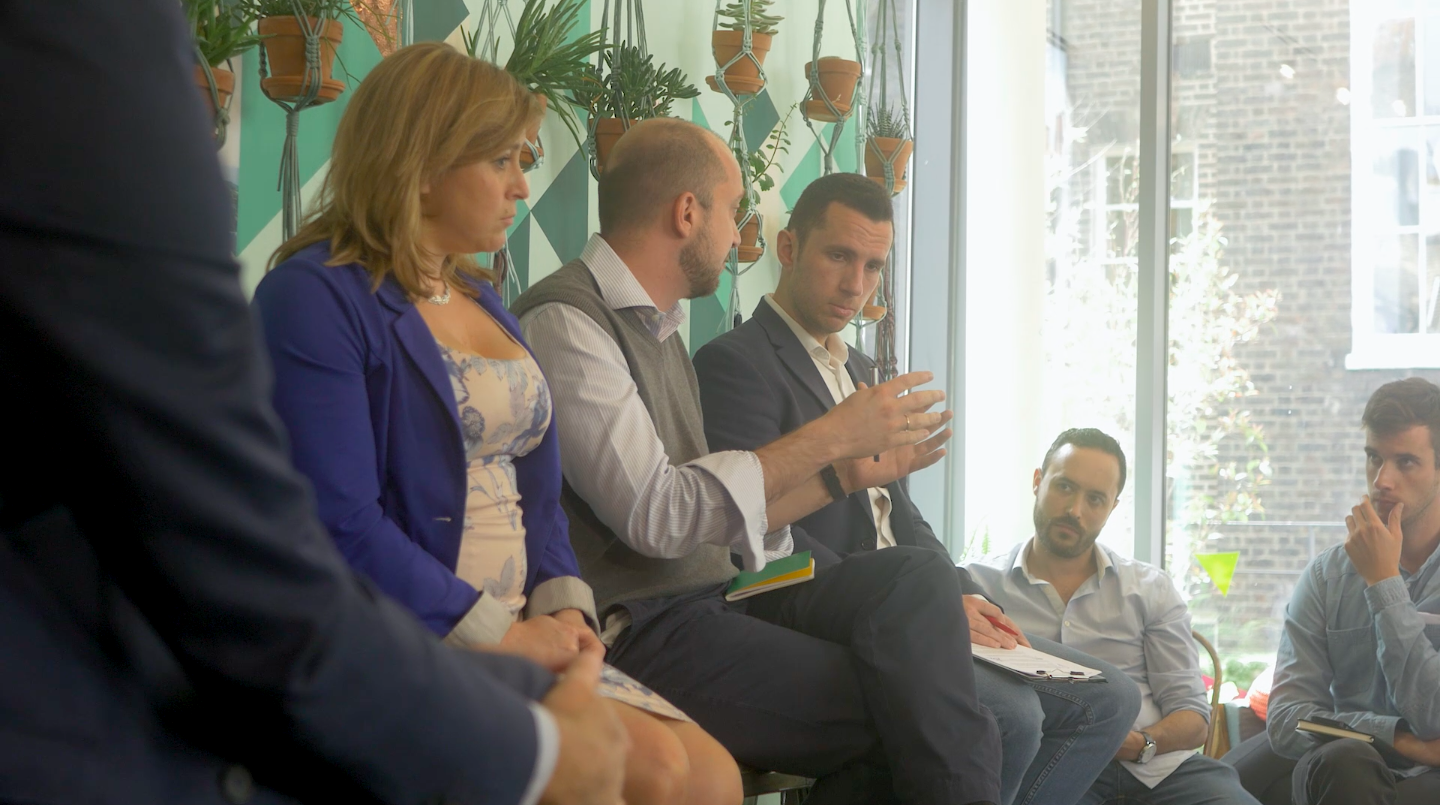
Will technology really bridge the staggering £22billion gap?
Lawrence was skeptical that you could ever bridge the NHS fund gap with tech. “With the speed of dissemination that the £22bn saving would require, it doesn’t look feasible. The digital health industry is still picking up pace and needs more maturity in order to address cost changes of that size within the timescales.” He suggested that change in process, dissemination of good practice and investing in prevention could be essential elements.
Alison appeared more optimistic — “true investment and community engagement could make a real impact. The biggest challenge I see is cost points — and to make an impact, we need to have more difficult conversations about costing and scalability.”
Nina — “We need to not only looking at quick wins like simple efficiency and transactional stuff but at the visionary stuff too!” Nina thought it worth noting though that there is an appetite in the private sector to invest speculatively into ideas that focus on short term strategy. “This can become an enabler for the long term strategies, and we [organisations] need to pull together and build that synergy.”
“Innovation is the only way to meet the change of tomorrow.” Joop steered the question to be about innovation rather than just technology. “We should fund stuff that is truly unique, but there is stuff out there that isn’t used enough. “Pinched with pride” was a good award that empowered new stuff — and not just tech.”
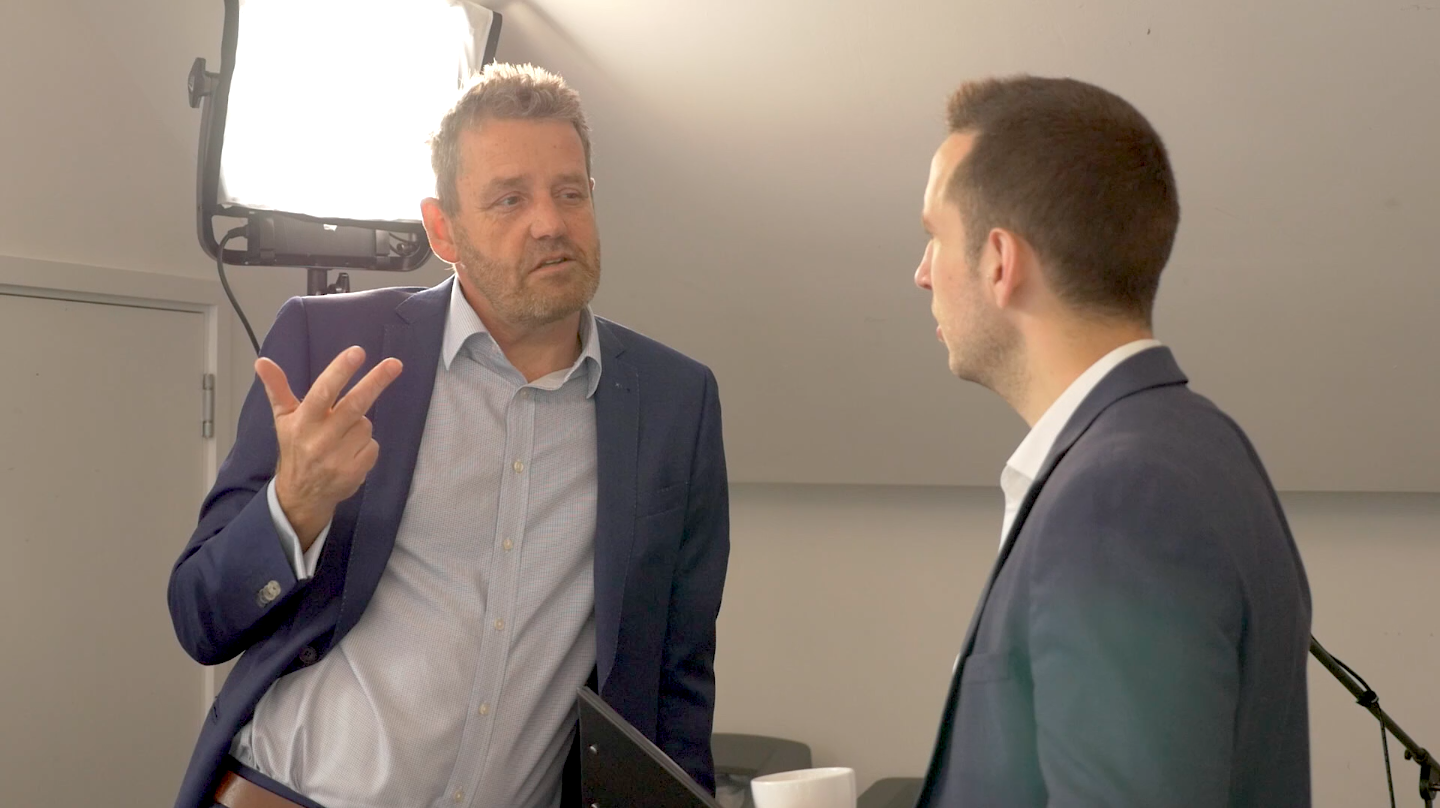
Give us your key pearls of wisdom for what opportunities lay ahead?
Alison — “People driven change — we can bring relationships to the heart of what we do, and technology can support that.” Remember that “Change takes time. You need proof of concept.”
Joop — “Its not enough to just understand new technology, the system needs to change in order to have the impact you want to have.”
Lawrence — “Look at how the relationship between primary and secondary environments interact with each other. This could hold the key to a lot of increased efficiency and cost saving.”
Nina — “Talk to people that you wouldn’t usually talk to. We are all involved in healthcare in some way or another, whether that is professionally or not and everyone is keen to get involved.”
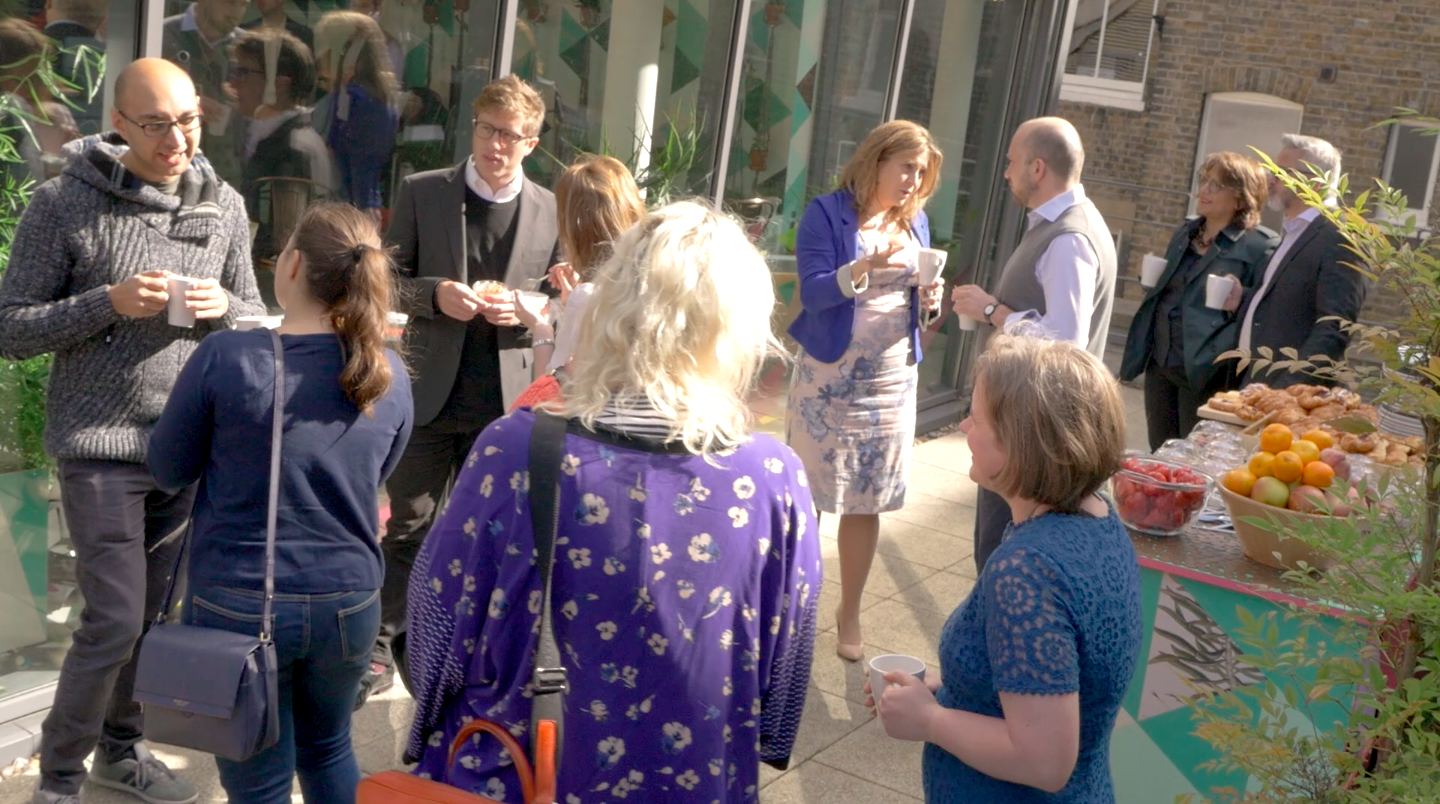
You can watch all of the presentations on the Despark YouTube channel here.
For any questions on your product idea — whether it be a small change you can make right now, or a longer term revolutionary idea — get in touch with Despark on contact@despark.com to book a session with Stoyan Ilchev.